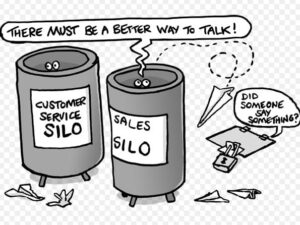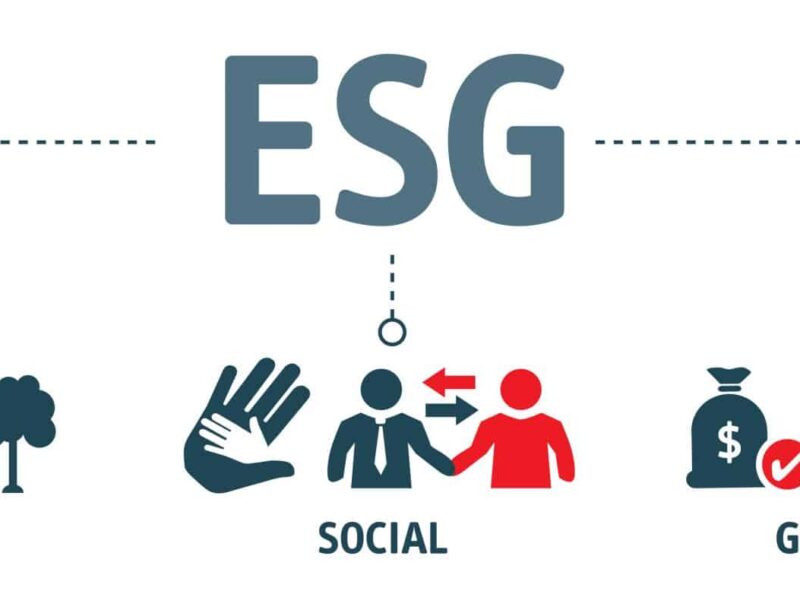
Gatekeepers or Bottlenecks? Inefficient Internal Communications in Housing

Recently, TPAS and HQN hosted a webinar sponsored by Gridizen called “Putting people at the heart of housing management”. One of the experienced attendees shed some light on an infamous beast in housing, the contact centre. “The contact centre is primarily responsible (for communicating with residents) … we see queries answered – that we probably would’ve handled differently from a resident involvement perspective”. With the ongoing Covid-19 lockdowns, pressure on resident engagement within HAs has grown significantly. Increased traffic through social media pages, websites and calls have ensured that the communications teams stay under constant pressure. However, handling resident queries through standard procedure only increases the risks of miscommunication as information does not always trickle through to other departments. While larger HAs often have dedicated communications teams to deal with growing resident engagement, resident feedback on social media platforms suggest that many queries remain unresolved. Communication is slow in a time where speed matters.
The solution to silos for better resident engagement lies in optimising internal information transfer within HAs. Dedicated teams oversee all communications with residents and then forward relevant information to other departments, often using emails clogging up an already busy inbox. Facebook posts, website content, and phone calls comes under their responsibility. But long waiting times, and prioritising emergencies over all other queries suggest that there are obstacles that prevent efficient dealing with all communications. Before, the comms team were the gatekeepers of information and communication, but are they now the bottlenecks? While some degree of gatekeeping and filtering is needed to separate maintenance queries from financial issues, the ideal solution would use technology to automate elements of this and reduce the strain on the comms team. For example, if incoming communications could be flagged as “maintenance”, or “finance”, or “support” and then automatically routed to the relevant department. This would decrease the response time and could be used to manage residents’ expectations.
The lack of a contemporary engagement platform has not allowed housing to adapt to this challenge sufficiently. In part, this is due to the unique priorities and resource constraints of the housing sector. However, the novel increase in engagement and uncertainty caused by the pandemic highlights the importance of efficient resident engagement. A technological solution is needed.
As a PropTech focussed on optimising internal and external communications in housing, Gridizen provides intuitive tools to organise communication. An integrated messaging tool allows HAs, Local Authorities and landlords to create Gridizen accounts for anybody in their organisation and for all residents. All unique queries can then be dealt with by the most appropriate parties. For example, a repair in a specific block could be replied to by the relevant operative, while complaints about anti-social behaviour can be responded to by the community officer. Focusing communication in this way allows for purposeful responses where the resident can rest assured that they are heard. Additionally, the accompanying chat logs give senior executives comfort that their residents are being treated properly and support ESG targets. Flexibility, better understanding of the complexity of specific communications and an added personal touch to responses can improve direct engagement with residents. As well as provide a tool to manage the workload of comms.
Gridizen understands the importance of resident engagement more now than ever, which is why its community engagement tool is accessible to all HAs free of charge. If interested, please contact:
kmahmood@gridizen.co.uk













